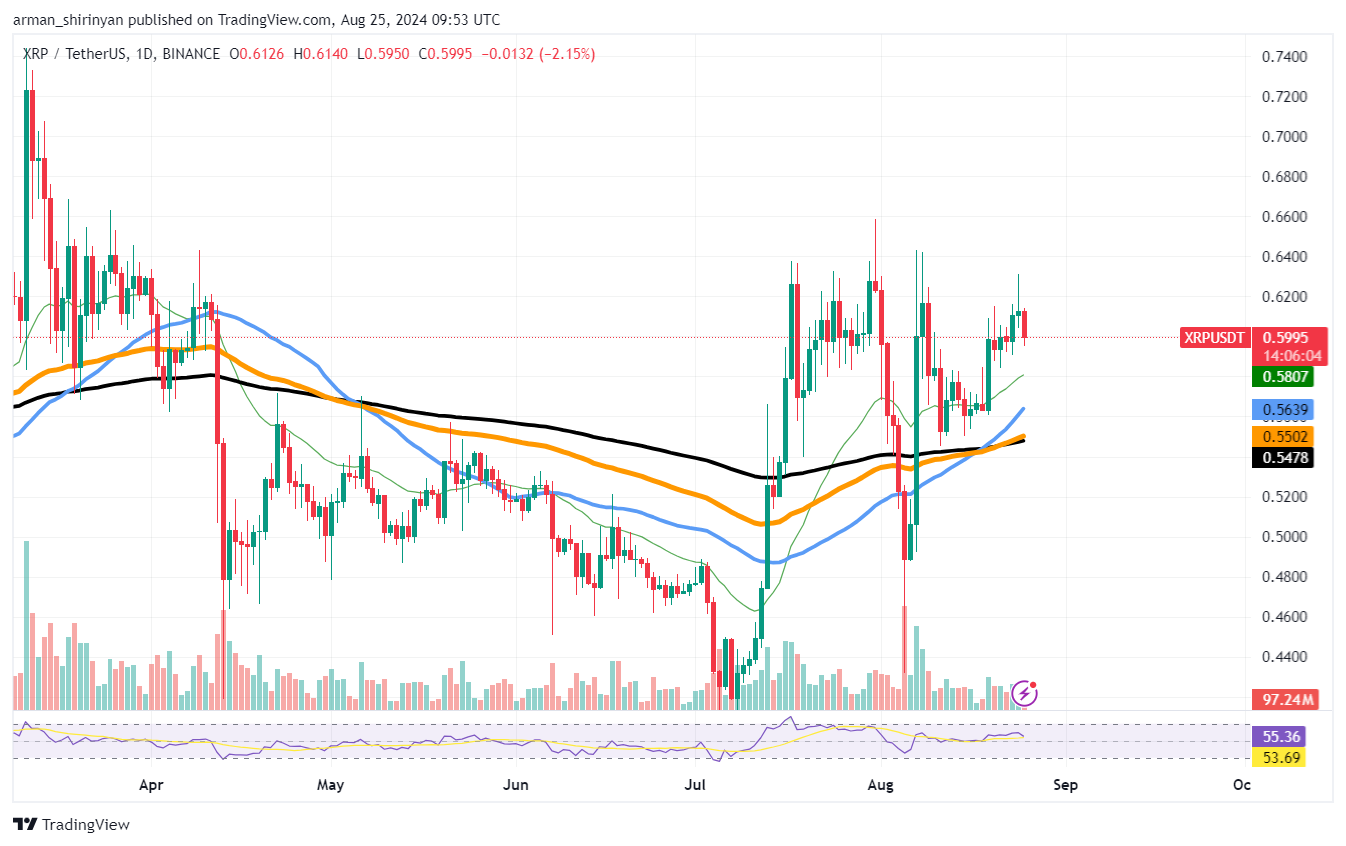Coinbase has taken a strong stand against the SEC by filing its closing brief in the Third Circuit. The core issue is a single, dismissive sentence in the SEC’s order that merely “disagreed” with Coinbase’s claim that its current rules are unworkable for crypto companies.
Coinbase argues that this lack of reasoning and detail is enough to dismiss the entire case. The SEC has made a habit of overreach, claiming broad jurisdiction without clear authorization from Congress and refusing to provide clear rules
Coinbase’s chief legal officer, Paul Grewal, stated that the company finds the SEC’s accusations and operations blatantly senseless. In the filing, Coinbase points out a Catch-22 situation in which the SEC demands compliance based on an overly broad view of its authority, launches aggressive litigation against crypto companies failing to comply, and then refuses to establish the rules that would make said compliance possible.
According to Coinbase, this is a deliberate effort to dismantle the entire crypto industry by imposing impossible demands and punishing firms that cannot meet them.
Coinbase’s brief further accuses the SEC of confirming its intent to crush the crypto industry. According to the company, the SEC’s responses in this lawsuit confirm its oppressive tactics, willing to use inconsistent and unsupported legal propositions to prolong its campaign against the industry.
Coinbase’s filing asserts that anything less than a court order for rulemaking will only allow the SEC to continue its multi-pronged attack on the industry. The SEC has outrightly refused to provide the necessary rules despite repeated industry requests, deliberately making it impossible to comply with federal statutes.
Coinbase insists that only a court order directing the SEC to commence rulemaking will end its arbitrary actions. Coinbase filed its rulemaking petition almost two years ago, but the SEC tried to sideline it through inaction. It took a mandamus petition, court orders, and the threat of an extraordinary writ to force the SEC to issue even a cursory denial order.







